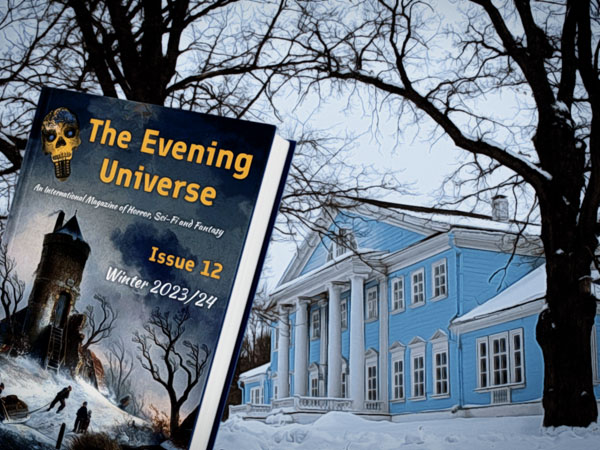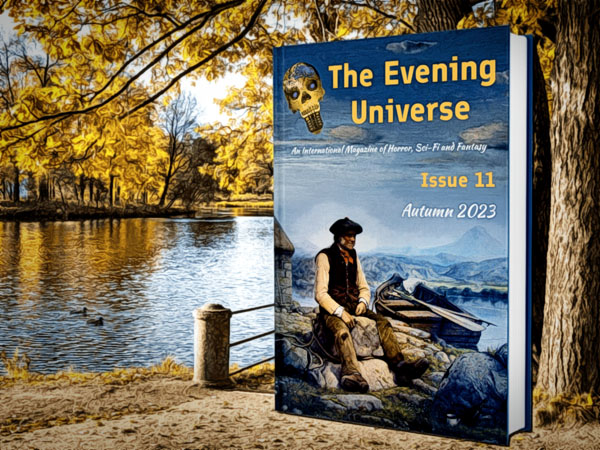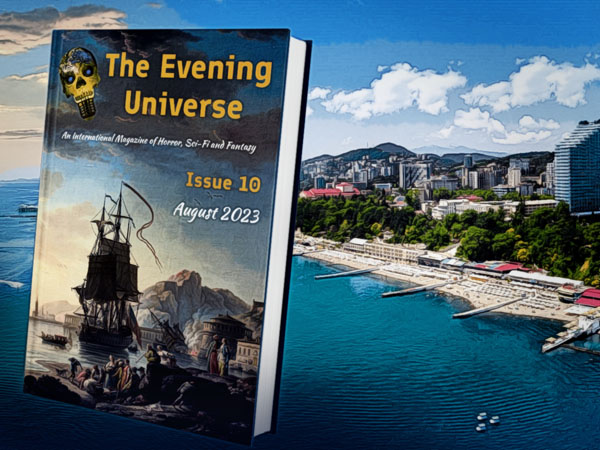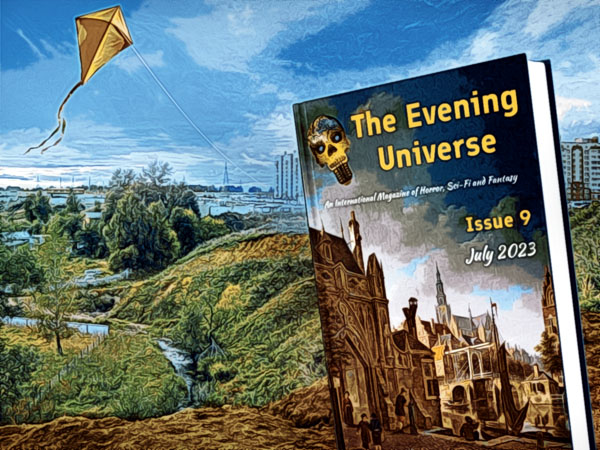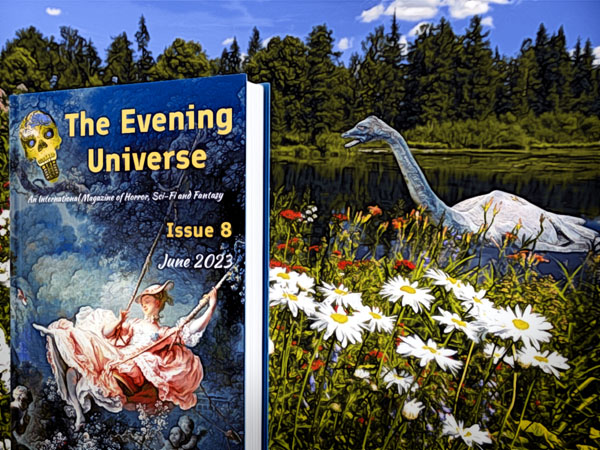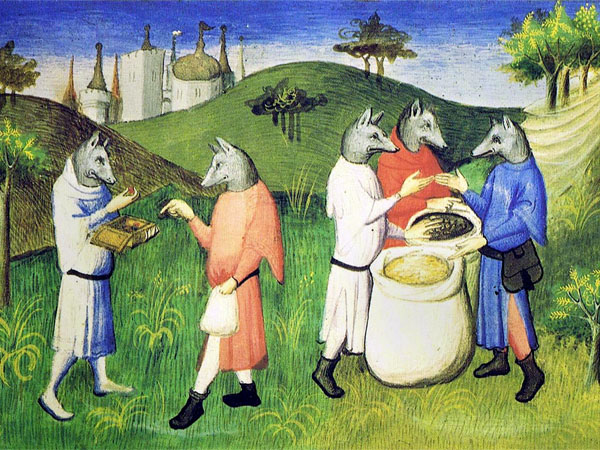
Egerton Master, “The Cynocephali of Andaman Islands” (circa 1410-1412)
Some really intelligent persons, including Elon Musk, firmly believe that all of our existence is a computer simulation. Some others, who are not less intelligent, say that it is a wrong hypothesis, which confuses science fiction with science. I did not give enough thought to the simulation hypothesis. But a couple of days ago, I played one of my favorite video games and came up with an idea that seems to me to be interesting.
When I played Fallout: New Vegas (an action RPG set in a post-apocalyptic world) a dozen years ago, the game was full of glitches and bugs. But sometimes it was great to use exploits (“holes” in the game programming) to reach normally inaccessible areas and to get other advantages. New Vegas is not a multiplayer game, so I did it just for my own fun and it was not cheating.
Playing the game in 2023, I realized that most of the exploits are patched now, as well as many other bugs. It has made Fallout: New Vegas even better than before. But somehow I remembered the words of one of the characters of Andrei Tarkovsky’s world famous 1979 movie Stalker, “How interesting it was in the Middle Ages. Each house had its house spirit and God was in each church. The people were young!”
If we proceed from the simulation hypothesis, we can assume that our simulated reality contained a lot of bugs hundreds years ago and especially thousands years ago.
It is possible that even the Cynocephali (the dog-headed people), the Cyclopes, the Harpies and other unusual creatures, which we know from fairy tales and myths, were not figments of the imagination but bugs in the first releases of our simulation or the pieces of content that have been cut from the current release for some reason.
If so, we have every right to assume that magic and miracles were real too. They were just something like computer game exploits, which have been fixed now.
Today, we live in an almost perfectly patched world. It’s a bit sad to live in a world without magic. But even patched computer games are better than the ones with a lot of bugs.

